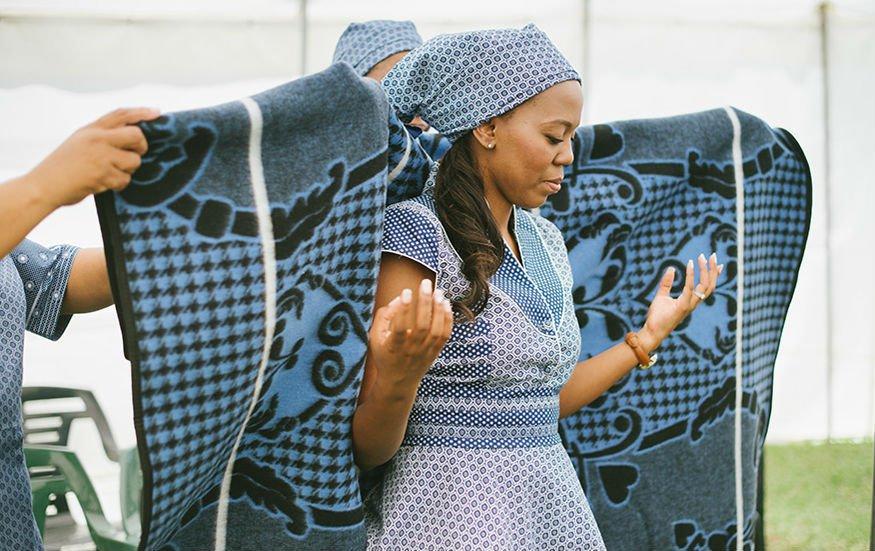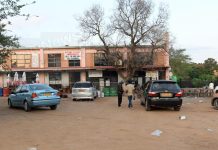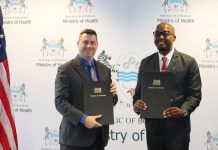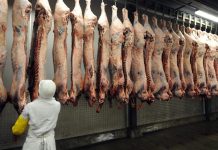Africa-Press – Botswana. Recent negotiations in Washington, regarding the extension of the African Growth Opportunity Act (AGOA) may lead to the potential removal of third country fabric from the textile manufacturing landscape, according to Ms Malikhabiso Majara, Secretary of the Lesotho Textile Exporters Association.
This development was highlighted during a panel discussion at the Local Manufacturing Summit 2024, held in Gaborone, under the theme, “AGOA Market Access: Textile and Garments – The Case of Lesotho.”
Ms Majara expressed concerns that the move could pose serious challenges for Botswana as it seeks to leverage the opportunities presented by AGOA within the textile sector.
Despite efforts to sever ties, she noted that Lesotho continued to source raw materials from third-world countries, including China.
Under AGOA’s preferential terms, Lesotho benefits from rebated imports monitored by its revenue service, enabling businesses in the textile sector to receive partial tax refunds.
Ms Majara emphasised that extending AGOA and maintaining the provision for third country fabric would significantly benefit Southern African Development Community (SADC) countries by creating direct employment opportunities.
She highlighted that the textile industry is the second-largest employer in Lesotho, following the public sector.
However, she pointed out that the industry currently employs only 35 000 individuals, down from an initial 55 000, due to various challenges, including the impacts of the COVID-19 pandemic and uncertainty surrounding the AGOA extension.
The growth of the textile industry has also spurred indirect employment in the formal sector, affecting banks, logistics, transportation, and other related businesses.
To comply with AGOA standards, the textile industry is subjected to regular self-assessments and audits focusing on Acceptance Quality Level (AQL) standards concerning cutting, surplus and rejects, and factory behavior.
Ms Majara mentioned that they currently rely on two companies for factory audits, specifically Worldwide Response Accreditation Production (WRAP) Certification, sourced from South Africa and Egypt, which has become financially burdensome for Lesotho.
Dr Balazs Horvath, Resident Representative for UNDP Botswana, highlighted the serious challenges manufacturers face in capitalising on trade agreements with other countries.
He noted that Botswana, as a small economy, would struggle to attract significant investment if manufacturers only targeted the local market.
He pointed out the potential of accessing the SADC market—home to approximately 340 million people and a GDP nearing US$0.7 trillion—along with the broader African market, which boasts a population of 1.3 billion and a total GDP of $3.4 trillion.
Dr Horvath acknowledged the high costs associated with transporting goods across African nations, which undermine product competitiveness.
Both Lesotho and Botswana face additional challenges due to their landlocked status, with transport costs for a single container to the nearest sea port estimated to exceed US$1000.
He said that the recent opening of the Kazungula Bridge presented a promising opportunity to significantly reduce transaction costs and enhance exporters’ ability to compete in international markets.
For More News And Analysis About Botswana Follow Africa-Press






